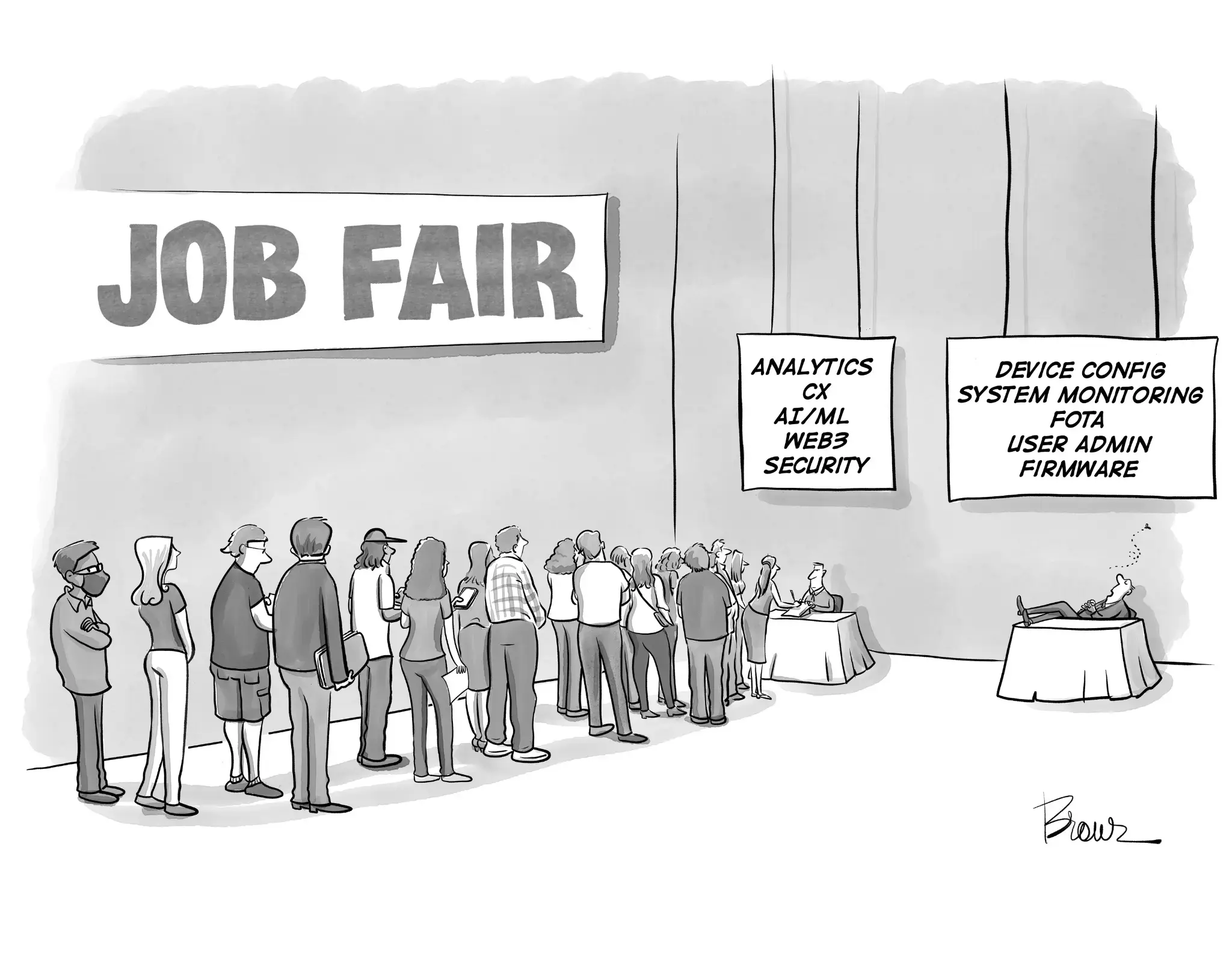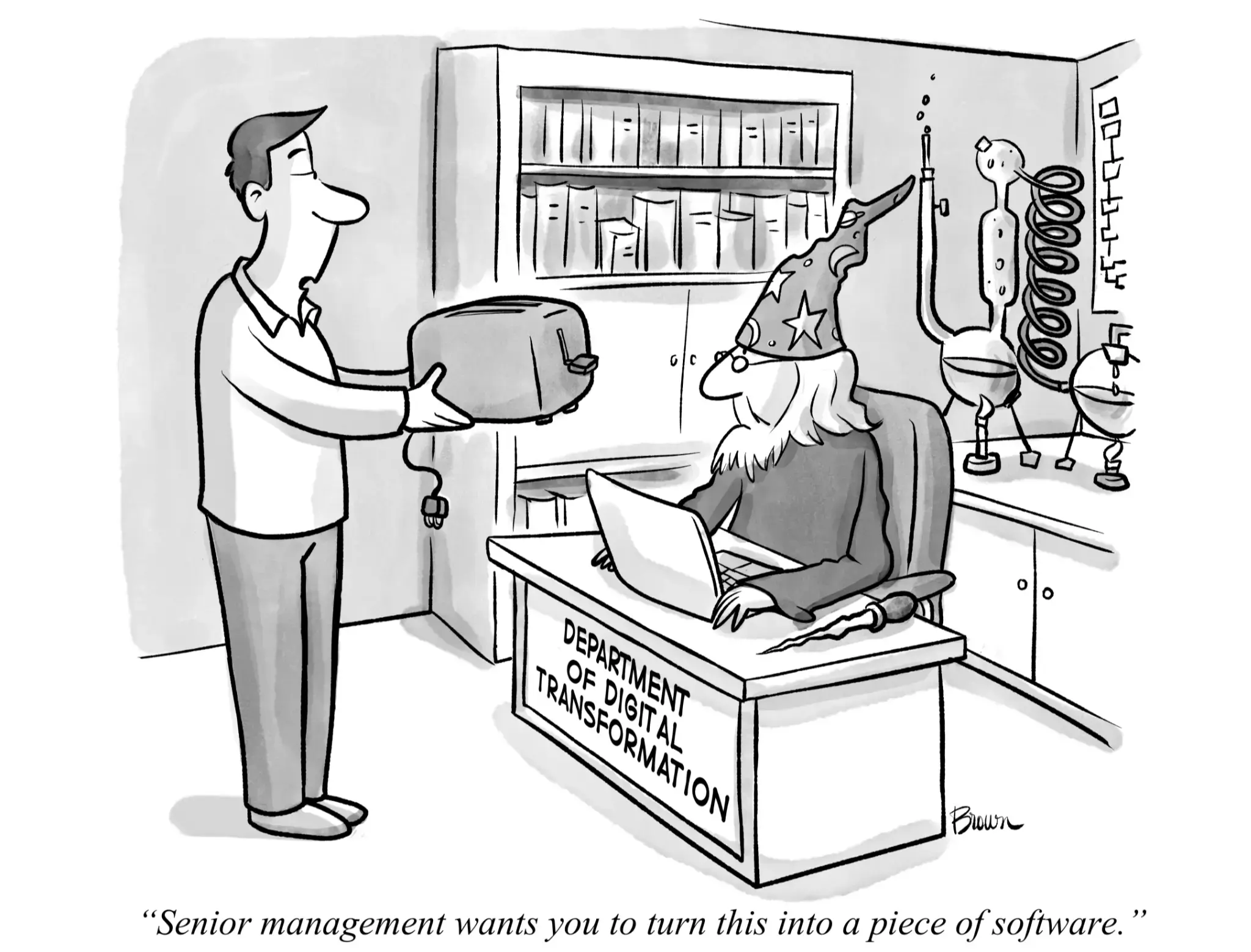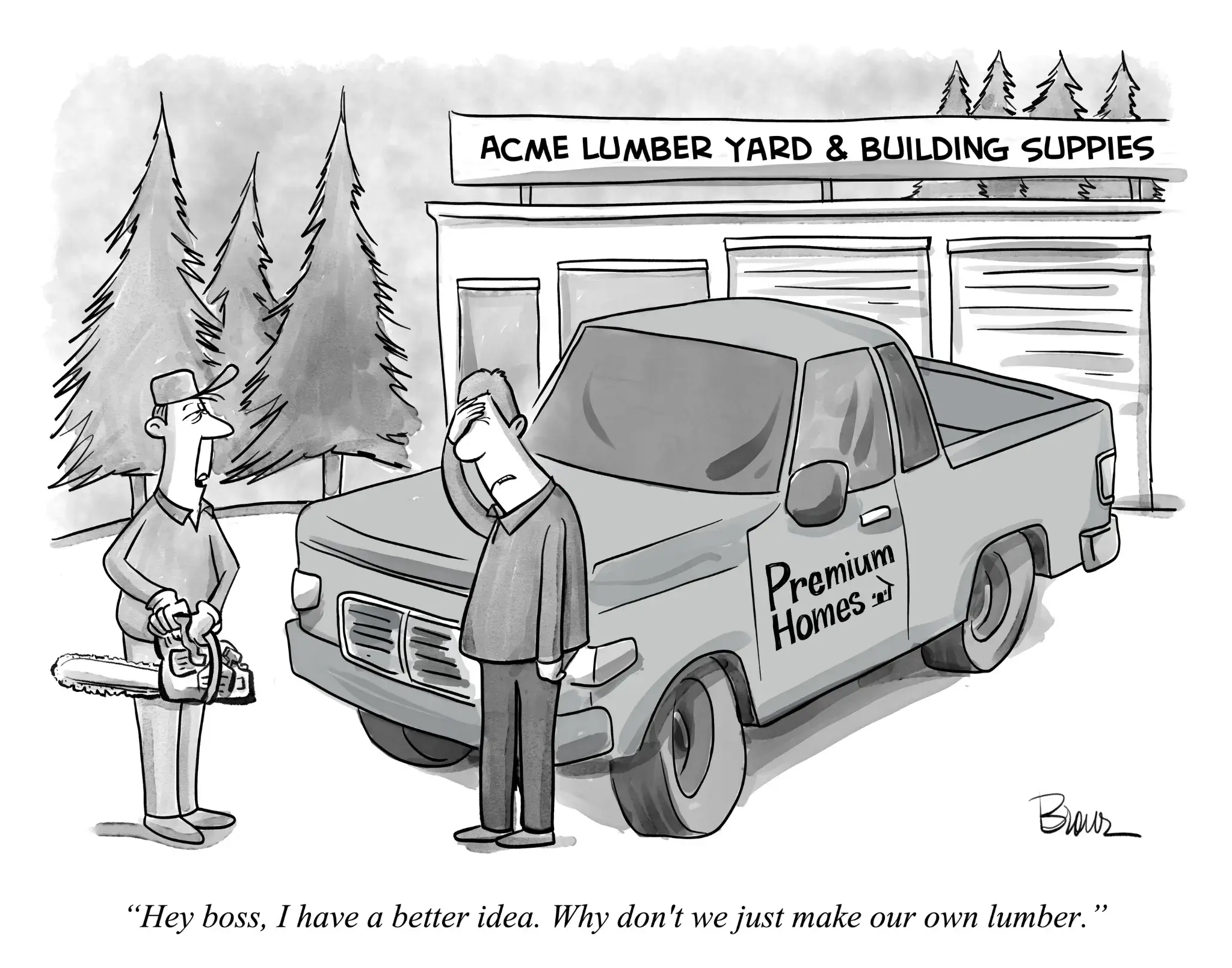It’s only been 18 months - but we’ve all forgotten how to act in 3D.
I am writing this from my gate at ATL, on my way back from a customer meeting. Juggling that fine line between where the mask fogs my glasses but it’s low enough on my nose that I can see most of what I’m typing.
I spent most of yesterday with a customer, in the flesh. It was awesome. In that 8 hours of in-person, real, connected human interaction, I was struck by how awkward everything was. Nobody knew how to act. In the reception area we had to raise our voices to be heard through the masks and the bullet proof glass. There were multiple attempts at temperature checks, we had to be careful to use the clean pens on the right, not the dirty ones on the left. Did anyone really know what part of the office and conference rooms required masks and which were ok to show our ugly mugs?
This was a relatively new customer. We’d been working together since last December but never met in person. We were all excited to be together. But there was that odd dance - shake hands, fist pump, elbow tap, chest bump, tail wag? It looked like we were all doing the Chicken Dance in the lobby.
When I write “Our Connected World” each week, I’m usually focused on the Connected Product Economy and the Digital Transformation imperative facing every company that makes, sells, supports and monetizes connected devices. But fresh off an actual customer meeting with real people, in the flesh, I am struck and saddened by how we have already forgotten how to act with each other. The problem is that there is no universal standard for interaction now. Everyone has their own boundaries and protocols.
Oddly, on the arriving flight, I read a Bloomberg article about how “CEOs are Dooming Business Travel”. CEOs, CFOs and procurement geeks are dancing with joy over the enormous sums of money we are all saving because our interactions are all through a computer monitor now. Don’t get me wrong, as a very frequent traveler who loathed the pain of excessive travel, I welcome the respite. But we are fooling ourselves if we ignore the real downside. We are social beings. Much of our economy and sub-economies assume a certain degree of human interaction, not virtual interaction. But beyond the real financial impact this will all eventually have as business travel and human interaction come to a halt, this hurts us as vendors, customers and partners.
It wasn’t until I was in the room with my customer, watching a demo of his home-grown system and seeing the complex system it was connected to that I fully grasped his challenges.
If software is going to eat the world, if hardware companies are going through digital transformation, if we truly are going to live in a universe with 100 billion connected devices, we need a little 3D human interaction.
Stay Connected.
- Michael
Our Connected World is a new creation of (hopefully) relevant, insightful and perhaps funny content that I share weekly (fingers-crossed). It is written for anyone interested in the Connected Product Economy. I always welcome feedback and an opportunity to engage. Write anytime to michael@edgeiq.io. And please forward this to anyone you think may be interested.




